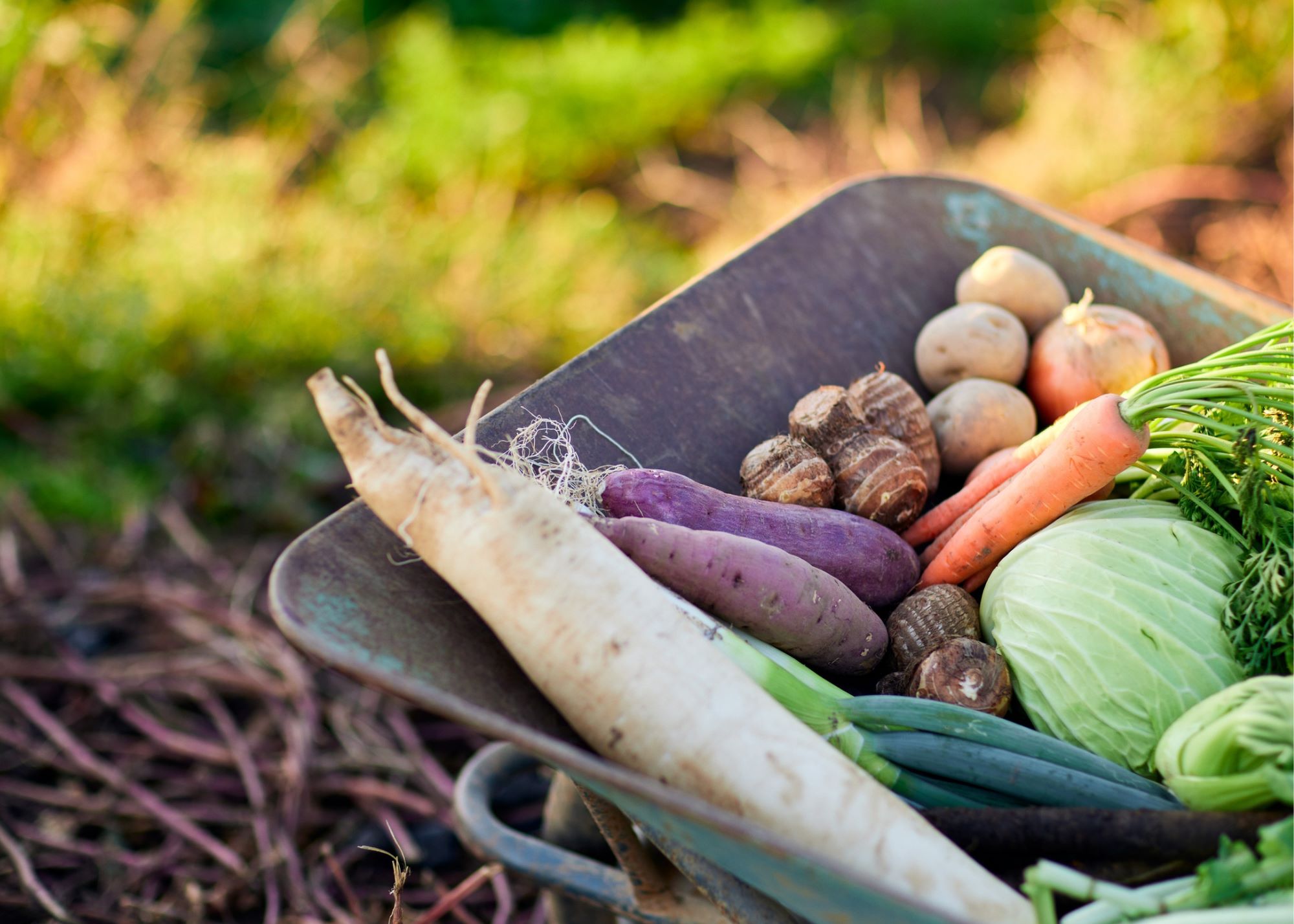In a modest community in the heart of Las Vegas, a quiet revolution is taking place—one seed at a time.
At the Las Vegas Indian Center, 14 indigenous families are participating in a hydroponics pilot program with Green Our Planet designed to reconnect them with their agricultural heritage while equipping them for a more food-secure future.
This initiative, spearheaded by hydroponics program leader Davis Huskon, marks a powerful step toward reclaiming traditional knowledge through modern methods.
“The pilot program is our first initiative at starting to reach out to the community and spread the word on the benefits of hydroponics,” Davis said.

Reclaiming a Legacy Through Innovation
For generations, indigenous communities were known for their agricultural prowess, cultivating crops aligned with the land and seasons. But urbanization, displacement, and systemic obstacles have caused these connections to nature to fade.
“The native folks and indigenous people, for a long time we’ve lost our ways of growing food,” Davis said.
This pilot hydroponics program is about empowering participating families and members of the indigenous community to rediscover a heritage of cultivation while adapting to modern, often urban, living.

Andrea, who is part of the Hopi Tribe, said agriculture is a key part of the Hopi legacy. However, it’s not something she grew up with.
“Hopis are known as farmers,” she said. “I’m a city girl. I grew up in the city. I’m an urban Indian. I didn’t grow up on the reservation, but I feel like, you know, it's in our blood.”
From Kitchen Corners to Cultural Rebirth
Using Green Our Planet’s compact, easy-to-maintain hydroponic systems, Andrea, her family, and other participants are now growing leafy greens, herbs, and vegetables right from their home for the first time.
It’s a convenient way to grow food and reconnect with their agricultural roots with the space and resources available.
“We don’t have to have an acre of land to have fresh herbs or vegetables,” Andrea said.
Each hydroponic system is a gateway to nourishment, pride, and opportunity. Ultimately, it’s about so much more than just produce.
“Having my hydroponics system has really made me feel more connected to the earth, just like other Hopis are,” Andrea said.
Growing More Than Food
Hydroponics requires less water, soil, and space than traditional gardening. But beyond the environmental benefits, the emotional and cultural impact is perhaps the most powerful.
“Their endeavors are to grow good food, and grow good energy, and grow with their families and learn new ways of cultivating and growing food for many seasons to come,” Davis said.
Families are bonding, recipes are being reimagined with homegrown produce, and, most importantly, participants are becoming advocates for change in their communities.
“It’s something I really look forward to being involved with as our family and then being able to share that information, share the knowledge, with other Natives in the community,” Andrea said.

For Andrea’s son Isaiah, the experience has been transformative.
“It makes you feel proud of yourself—and it’s pretty fun too.”
Planting the Seeds of the Future
The pilot program at the Las Vegas Indian Center is still young, but the roots it’s planting run deep. At Green Our Planet, the hope is that more families, cultural centers, and tribes will want to get involved.
The hydroponics pilot program at the Las Vegas Indian Center is one that honors the past, embraces the present, and cultivates a more empowered future for indigenous families.
“I think that’s the most exciting thing,” Andrea said. “To know that we are the ones that are growing [the produce] and we are going to be able to eat them and make stuff with it to share with friends and family.”
Want to see how you can get involved or bring hydroponics to your community? Learn more about Green Our Planet and our accredited HydroConnect Program!
.png)



